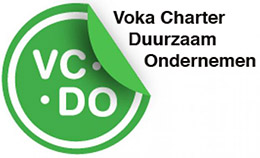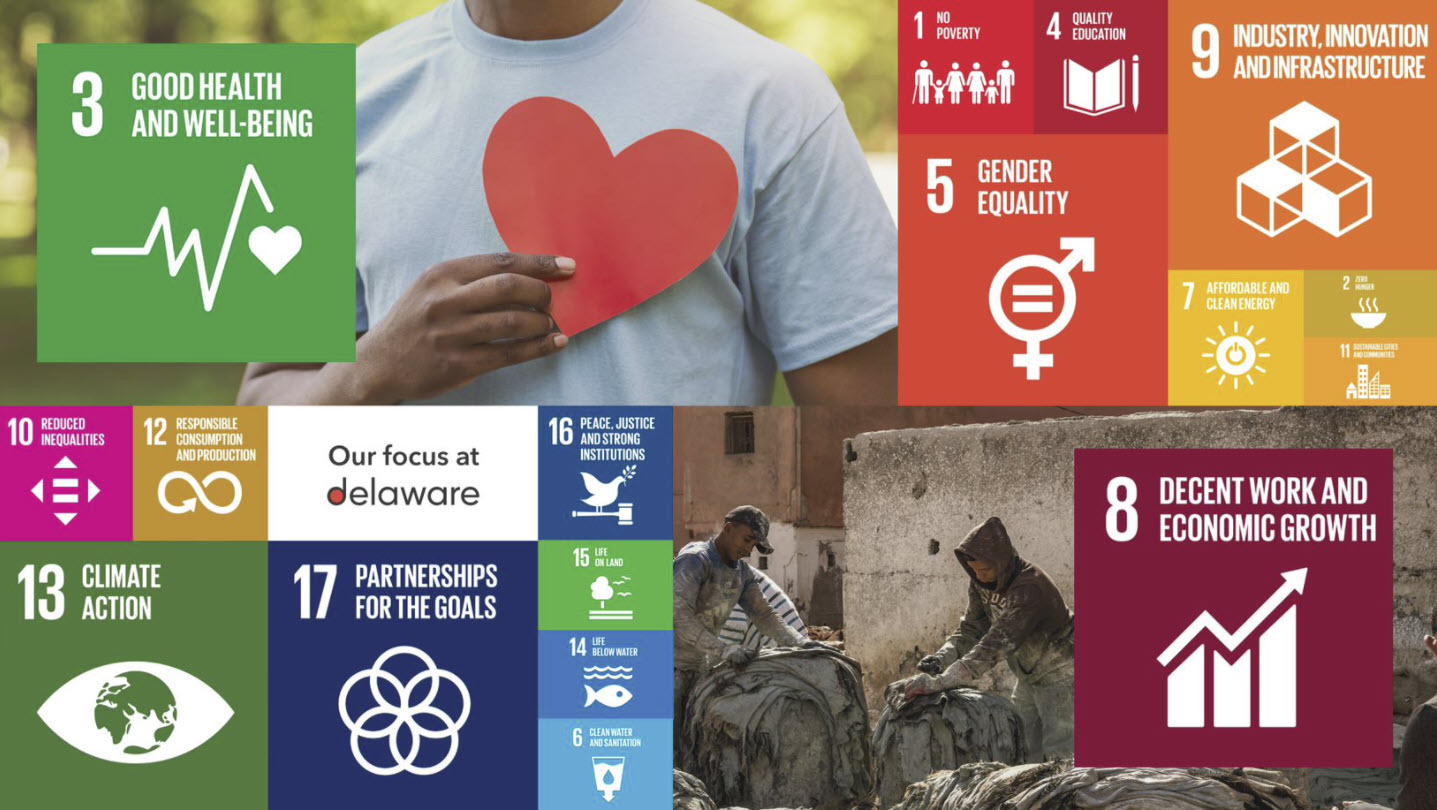/AdobeStock_301793786-(1).webp?mode=autocrop&w=580&h=580&attachmenthistoryguid=f5e0ede7-e058-4763-a433-e18911ddca3b&v=&c=5fa62abcea3b88d6f37e56c3cba46c8d21022b3d9b25595035435e90c4696a77)
A vital part of our identity
Corporate Social Responsibility (CSR) can mean different things to different organizations. Most would define it as all of the initiatives or practices put in place by an organization to foster sustainability. Socially responsible companies need to be economically viable, have a positive impact on society, and respect and preserve the environment.
Building an organization that lasts
A socially responsible company goes beyond the profit motive. To delaware, CSR means that we try to leave the world a little better than we found it. Every day, the #peopleofdelaware help us to do exactly that.
-
delaware originates from a dream: to build a long-standing and sustainable organization that can be passed on to the generations to come. Realizing that dream, however, is not something you do overnight. We can only continue dreaming when we also take responsibility for our company’s relationship with the social and ecological environment.
-
Our purpose is to enable our people, our company and our customers to reach their full potential, while creating a positive impact in a challenging world. That is why CSR is a vital part of our identity and our strategy. It is part of who we are.

realizing a dream for today, tomorrow and succeeding generations is not something you do overnight, and we know our responsibility goes beyond taking care of our own company - that's why CSR has become a vital part of our identity and our strategyJan Delaere - Founding Partner & Chairman
More than checking a box
Over the years, the delaware CSR task force has launched several initiatives and continues to do so on a regular basis. We truly believe that thanks to these efforts, we can have a positive impact on our broader environment.

-
In 2020, delaware was among the first Belgian companies to be granted the ’SDG Pioneer’ certificate. This award recognizes our efforts towards sustainability in general, and our contribution to each of the 17 Sustainable Development Goals.
-
Voka, the Flanders' Chambers of Commerce and Industry also awarded delaware with the Voka Sustainable Business Charter in 2018, 2019, 2020 and 2021. VOKA attributes this award to organizations who work result-driven and focus on continuously optimizing their sustainability actions.

blog
/AdobeStock_301793786-(1).webp?mode=autocrop&w=580&h=580&attachmenthistoryguid=f5e0ede7-e058-4763-a433-e18911ddca3b&v=&c=5fa62abcea3b88d6f37e56c3cba46c8d21022b3d9b25595035435e90c4696a77)
/AdobeStock_565847658-(2).webp?mode=autocrop&w=580&h=580&attachmenthistoryguid=c2bb76f8-bd9d-4303-944d-5ff5c0c12c83&v=&c=e3a45241cfff08fbf1003a7fa9589fc911c1524c15b6205e83b6bcf4618c1ab4)
Generative AI, one year after ChatGPT: first reflection, then activation
/Grow-with-SAP-(1).webp?mode=autocrop&w=580&h=580&attachmenthistoryguid=9ef43156-a10b-470f-8728-ffa08803ac38&v=&c=b5827fe11a0fb1cc23b8160f380e5819937f0cff8494e0fccbfb60c71ecf655e)
GROW with SAP: your cloud ERP journey made easier

